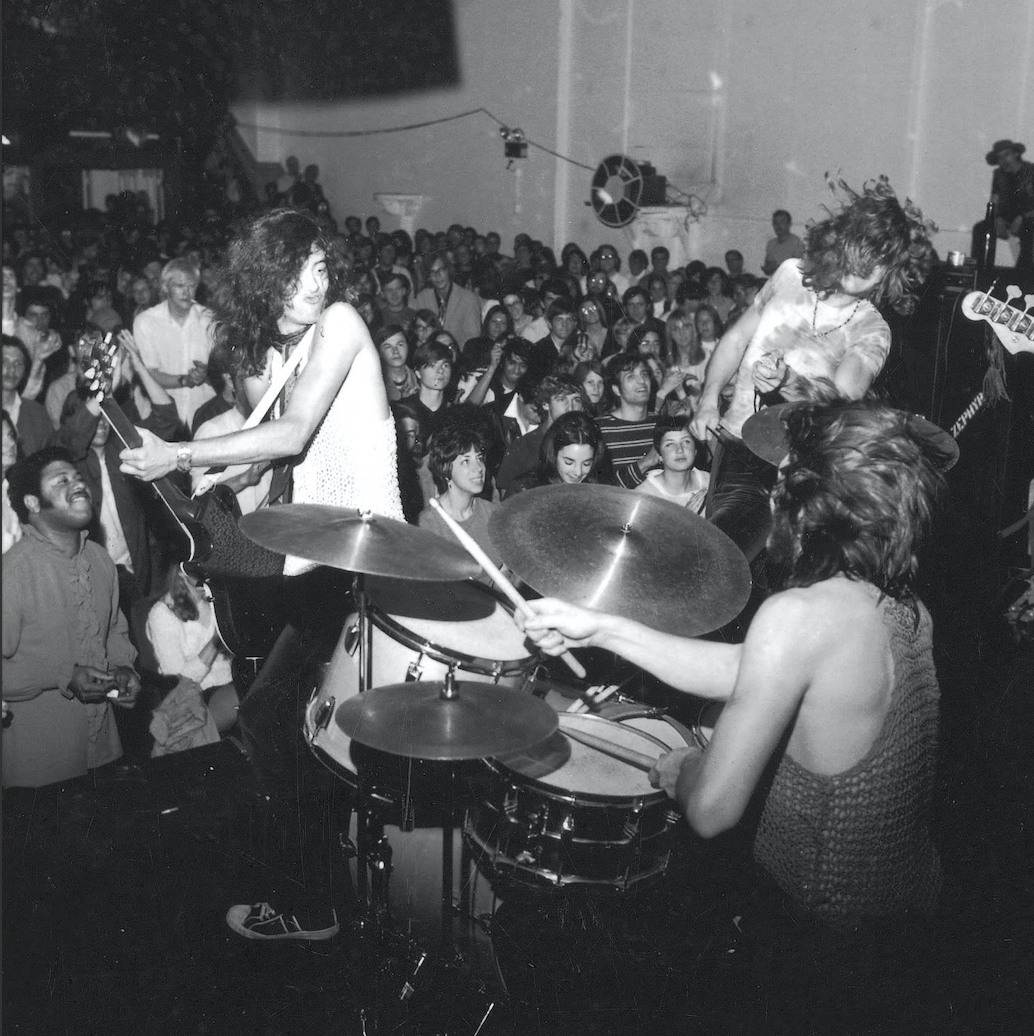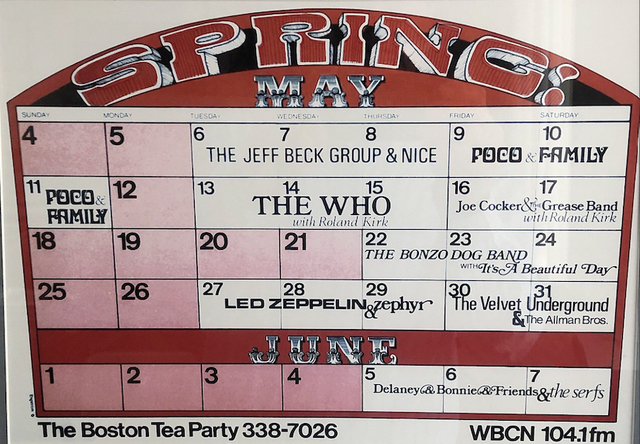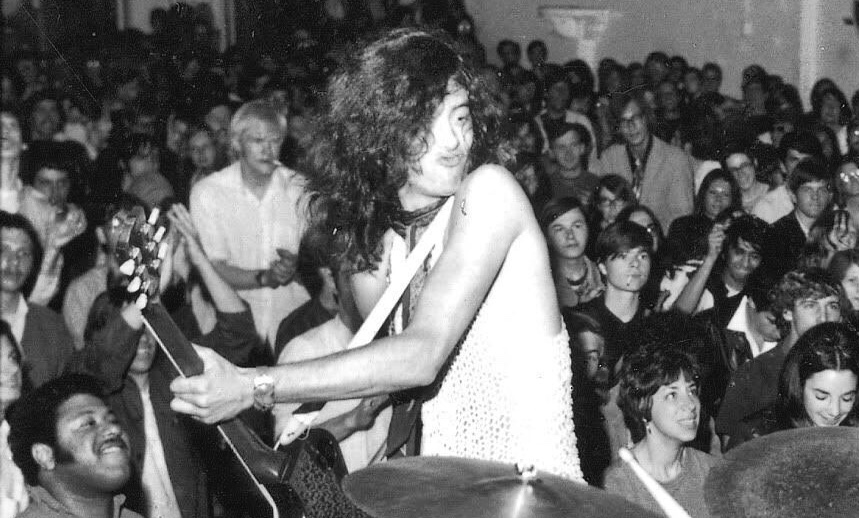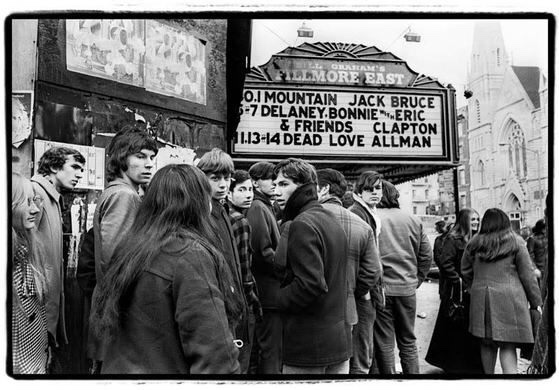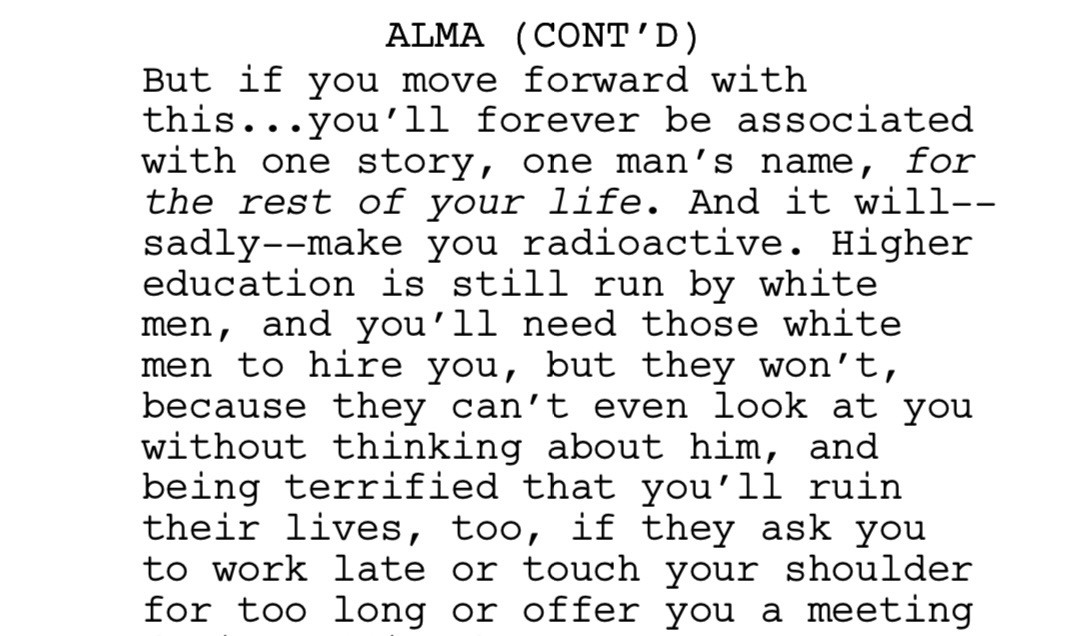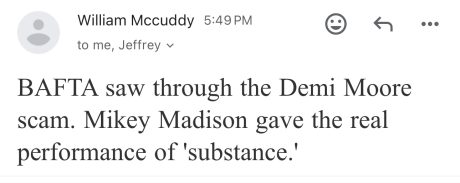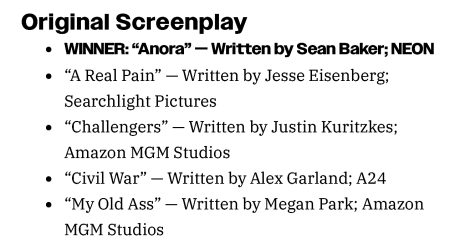The second Boston Tea Party (the one on 15 Lansdowne Street, just off Kenmore Square and across from Fenway Park) was in business only a year and a half — July 1969 to December 1970. But man, what a hallowed place, what a holy temple of purification.
I attended several ear-pounding, spirit-lifting sets inside that fabled venue, but my most vivid memory isn’t musical — it’s my LSD freakout episode…a psychedelic meltdown that led to my forsaking hallucinogens forever and eventually renouncing marijuana. Yes, even that.
I was living with a crew of upper-middle-class drug dealers…friends from Wilton who were moving huge amounts of weed, heavy amounts of LSD inside clear plastic bags, and Vietnamese heroin. We lived in a large basement apartment at 467 Commonwealth Ave., and we all felt happy and churning and generally delighted with everything. Plus we were fastidious and flush and wore Brooks Brothers shirts….we had it all down.
On New Years’ Eve (’69 into ’70) we all attended a Boston Tea Party featuring the Grateful Dead and The Proposition, a Cambridge-based improv comedy group that featured Jane Curtin.
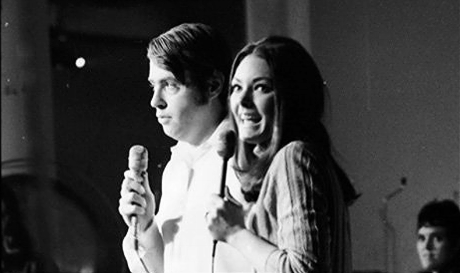
Except before walking over we all passed around a kind of rubber-lined goatskin container of Kool-Aid, which had been liberally spiked with LSD. Too liberally. It was soon apparent that the Kool-Aid was way more potent than anticipated, and roughly an hour into the Proposition set I began to feel increasingly anxious and creeped out, and then full-on paranoid.
I remember several details about the Curtin/Proposition performance as my psyche devolved into pudding. Curtin and and some schlumpy-looking guy played young married tourists from the Midwest who were experiencing Boston’s counter-culture scene for the first time, and feeling disoriented and a bit frightened.
Later in the set a comedy bit struck some kind of cosmic wowser chord, prompting a none-too-bright audience member to exclaim out loud, “Whoa, that’s heavy!” In response to which a Proposition performer looked at the guy and said “yeah, wow, man…too many tabs!”
That was me — too many ground-up tabs in the Kool-Aid had led me me into a place of, like, quaking disorientation. As in “uh-oh….uh-oh.” I began to feel as if I was standing next to a manhole-sized opening, and I knew that if I somehow fell into that hole I would lose my mind and never know sanity again.
Hunter S. Thompson knew this all too well. He called it “the fear.”
I begged a friend for help, and we wound up going back to the pad. He gave me some downers as well as an anal suppository It took a couple of hours but I eventually settled down. I knew after this horrific episode that I would never, ever drop acid again. (And I had tripped a good 15 or 20 times before, mind, and the Bhagavad Gita spirit had always prevailed.) And then a year or two later I discovered that pot highs had the potential of re-awakening “the fear” so I stopped that activity also.
From Thompson’s “Fear and Loathing in Las Vegas“:
“Good mescaline comes on slow. The first hour is all waiting, then about halfway through the second hour you start cursing the creep who burned you, because nothing is happening and then ZANG! Fiendish intensity, strange glow and vibrations…a very heavy gig in a place like the Circus Circus.
“’I hate to say this,’ said my attorney as we sat down at the Merry-Go-Round Bar on the second balcony, ‘but this place is getting to me. I think I’m getting The Fear.’
“’Nonsense,’ I said. ‘We came out here to find the American Dream, and now that we’re right in the vortex you want to quit.’ I grabbed his bicep and squeezed. “You must realize,’ I said, ‘that we’ve found the main nerve.’ ‘I know,’ he said. ‘That’s what gives me The Fear.’
“The ether was wearing off, the acid was long gone, but the mescaline was running strong. We were sitting at a small round gold formica table, moving in orbit around the bartender.
“’Look over there,’ I said. ‘Two women fucking a polar bear.’
“Please,” he said. “Don’t tell me those things. Not now.” He signaled the waitress for two more Wild Turkeys. “This is my last drink,” he said. “How much money can you lend me?” “Not much,” I said. “Why?” “I have to go,” he said. “Go?” “Yes. Leave the country. Tonight.” “Calm down,” I said. “You’ll be straight in a few hours.” “No,” he said. “This is serious.” “George Metesky was serious,” I said. “And you see what they did to him.” “Don’t fuck around!” he shouted. “One more hour in this town and I’ll kill somebody!”



